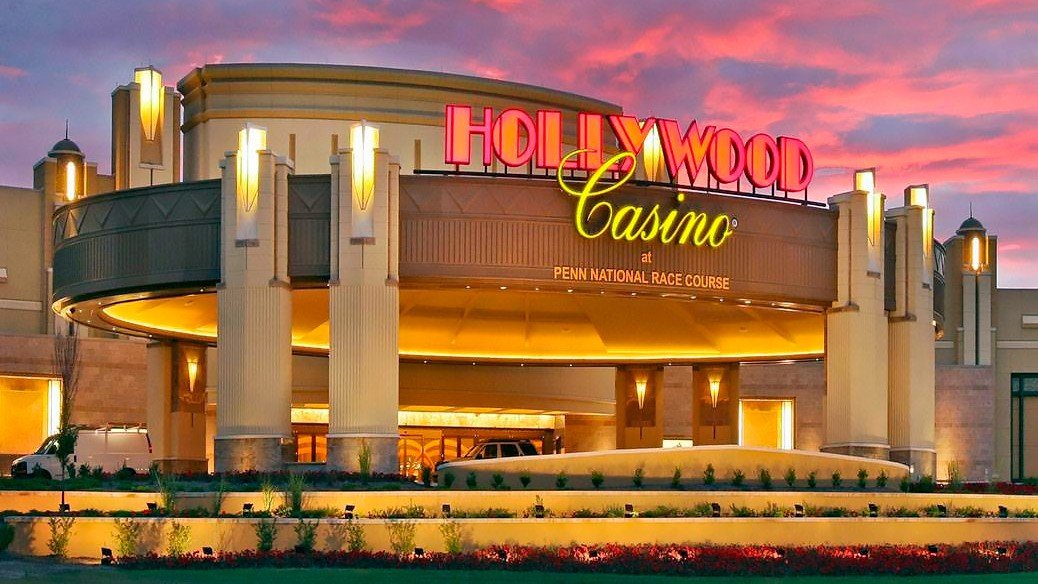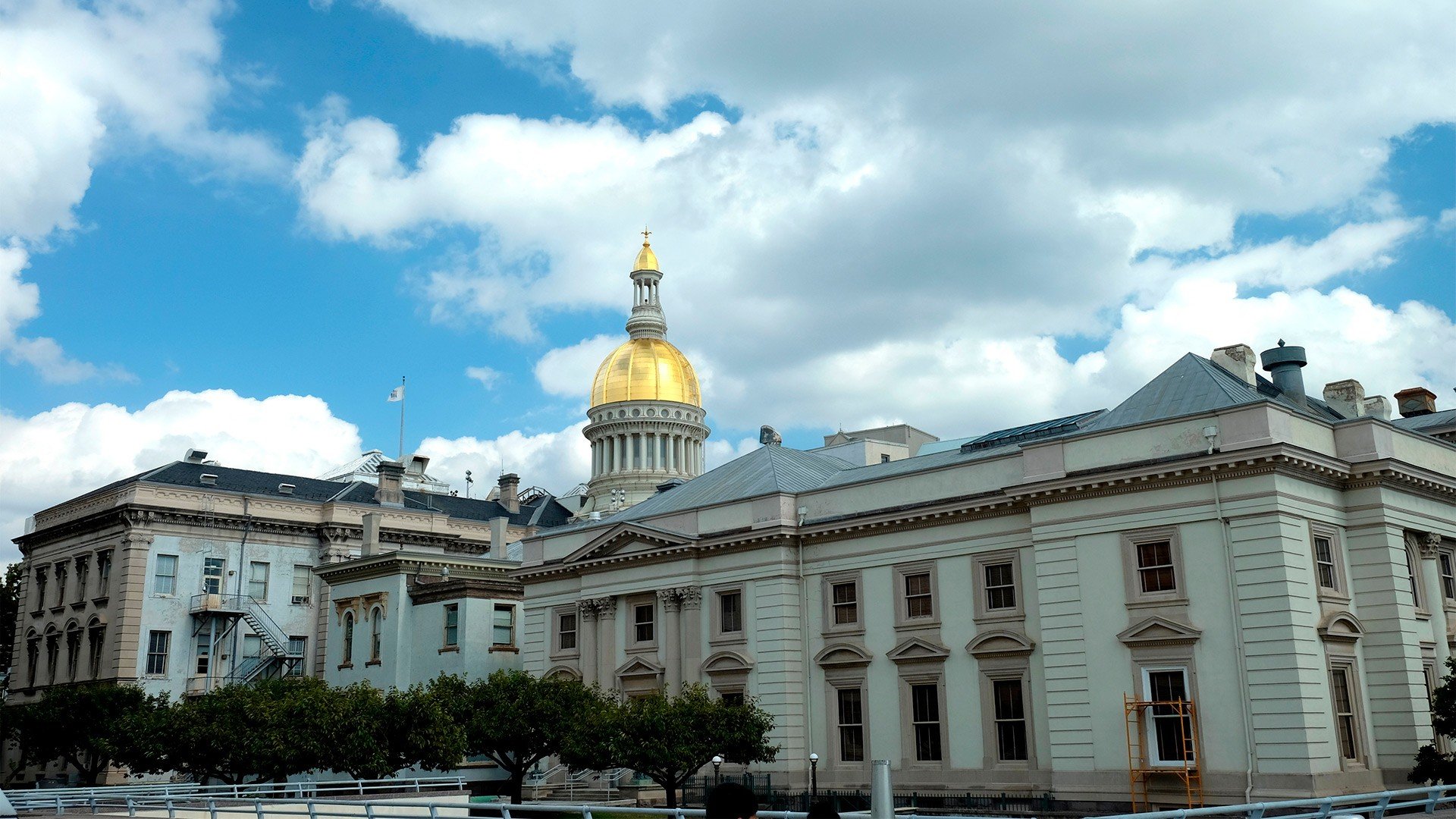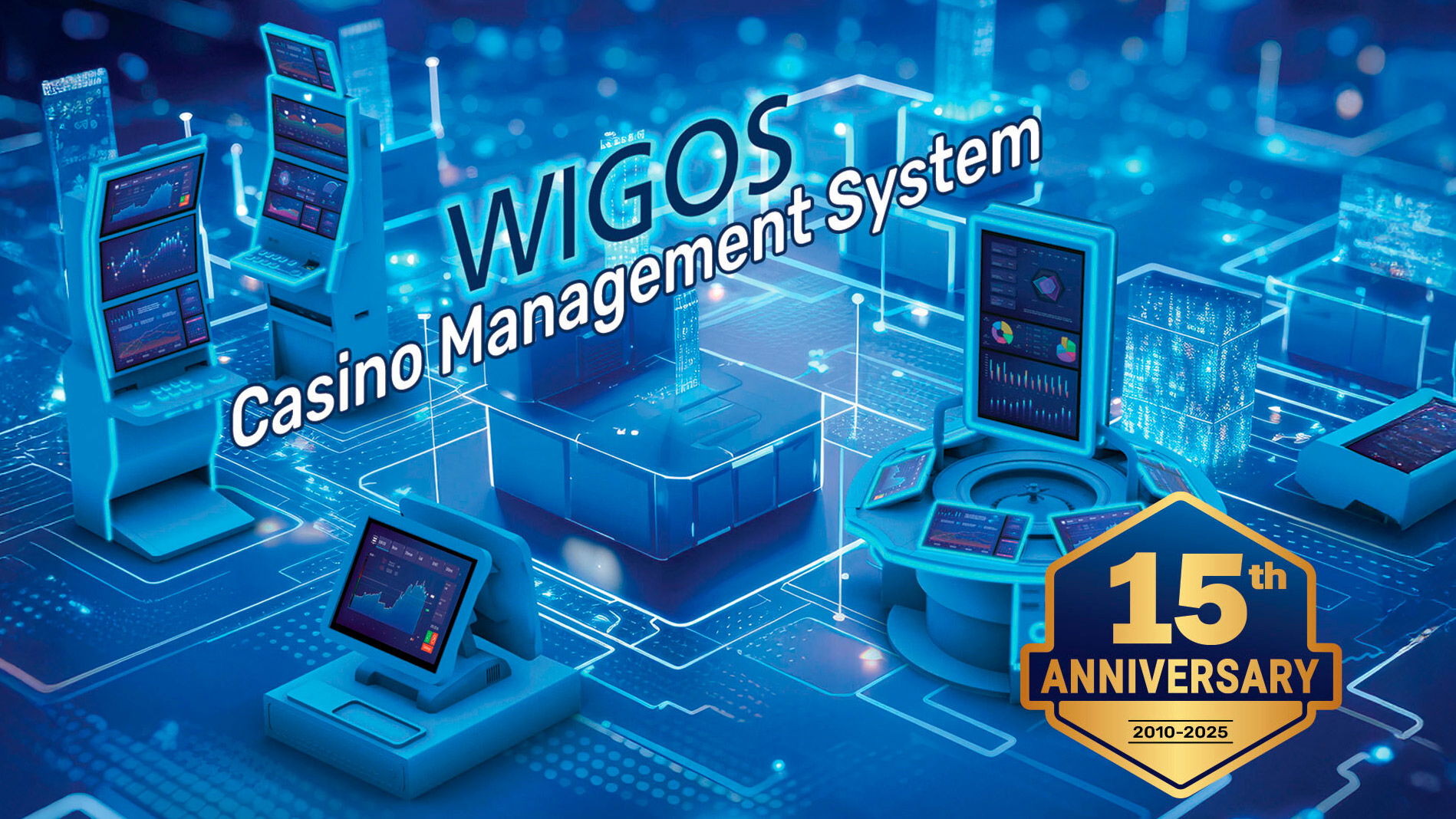Chicago Mayor defends casino proposals facing new critics from local aldermen, residents

Chicago Mayor Lori Lightfoot on Tuesday acknowledged there are local opponents to all three of her casino finalist sites, whose developers Bally's, Hard Rock and Rush Street Gaming held public hearings nearly two weeks ago. But the Mayor said she won't let that local opposition stand in the way of a Chicago casino needed to pay police and fire pension debt to prevent a major property tax hike.
The statements came one day after Ald. Pat Dowell (3rd), the mayor’s handpicked Budget Committee chairman, lined up against a Hard Rock casino as part of the proposed One Central development near Soldier Field. Dowell said in a statement Monday that while Chicago needs the revenue from a casino, “The devil is in the details” and the One Central site doesn’t make the grade, as reported by Chicago Sun-Times.
The other two sites include Bally's project for the Chicago Tribune printing plant on 777 W. Chicago Ave., and The 78 at Roosevelt Road and Clark Street, and concers around all projects are similar. Area residents and businesses are worried about crime, traffic congestion, gambling addiction and fear that a mega-casino and entertainment complex will destroy the character of their neighborhoods and maybe even hurt local businesses.

With two of the proposals located near the Chinatown area, some Chinatown leaders voiced opposition against having a casino in the city, especially one that could be close to their neighborhood, as they worry that it could worsen problem gambling among residents.
Lightfoot said she is prepared to listen to those concerns. She believes it is equally important for casino operators to “understand the environment” they are entering and to both “hear and, frankly respond to community concerns.” However, she said she won’t let the naysayers stand in the way of a casino that has eluded Chicago mayors for decades and is needed more than ever to bail out police and fire pensions hovering near insolvency.
“Whenever you site a big project like this, there’s always a level of NIMBY-ism that happens. There are people who say, ‘Great, but do it someplace else,’” the mayor said. “This has got to be a decision that’s made for the future of our city and not specific to a particular neighborhood. We need to take those neighborhood considerations in mind, to be sure. But this is something that’s gonna benefit the entire city. The monies that are coming from this casino are intended to shore up our police and fire pensions.”
Furthermore, Lightfoot posed a question to those who say, “Not in my neighborhood.” She asked, “Would you rather that your taxes go up?
“This is another revenue stream that will generate substantial revenues to support those pensions so we don’t have to go to the taxpayers. I want to make sure that doesn’t get lost in the shuffle around all of the other issues. … Fundamentally, this is about economic development and making sure that we’ve got a revenue stream to shore up our police and fire pensions.”
On Tuesday, at a luncheon with business leaders, Lightfoot said she is confident that a casino deal can be worked out despite opposition from the aldermen whose wards would be home to Hard Rock Chicago near Solider Field and Rivers 78 along the south branch of the Chicago River. As for her reelection bid, with elections scheduled to be held on February 28, 2023, Lightfoot would only say the announcement is coming soon.
As for the casino license process, following the community engagement meetings, the City will continue its discussions with each of the shortlisted teams. The finalists will be evaluated with respect to the same core goals laid out in the initial RFP.
Once a finalist is selected, a comprehensive host community agreement memorializing the agreed-upon terms will be prepared. The host community agreement will then be evaluated by an Aldermanic special committee. The committee will consist of all the Chairmen and Vice-Chairmen of City Council Committees as well as President Pro Tempore Alderman Brendan Reilly, 42nd Ward. All of City Council will be involved in the process for the final recommendation. A winner of the casino license is not expected for another two months.
The formal development process will begin following City Council approval and approval from the Illinois Gaming Board, before the selected developer could set up a temporary casino while building a permanent facility.
















































